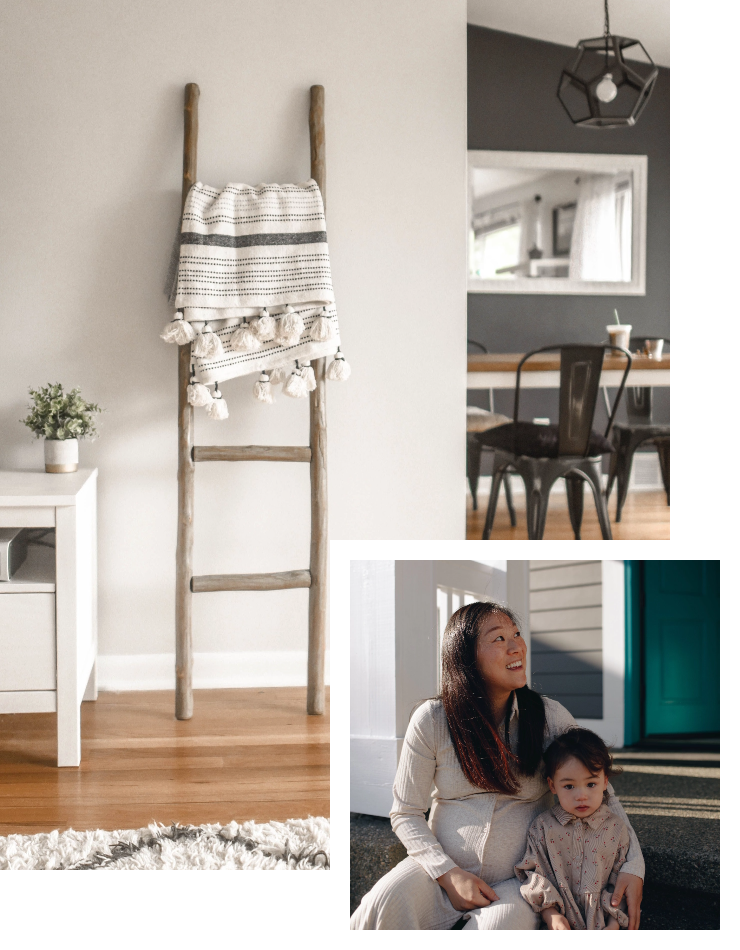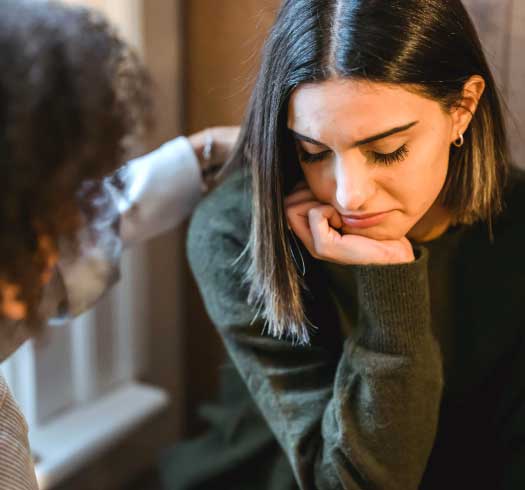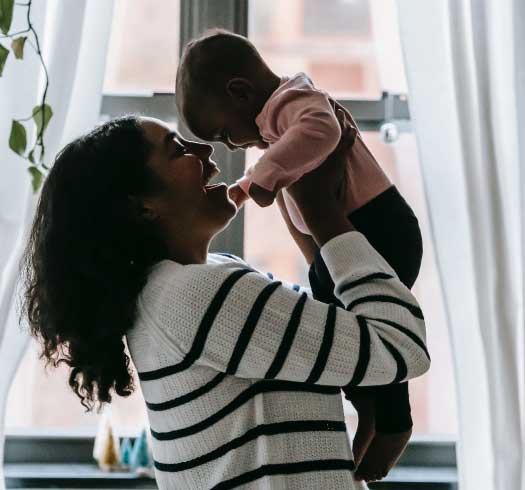Our Purpose
The crisis. The need. The solution. Our care model.
Why we exist.
Currently, the only answer for women who are being trafficked and have children is for them to seek help at a homeless shelter or domestic violence shelter. These types of shelters are short-term and are not able to offer the holistic, long-term restorative care model needed for true healing.
The crisis.
This is the truth about human trafficking.
%
of those sex trafficked were sexually abused as a child
%
of survivors were trafficked by a family member
%
of victims are recruited via an intimate partner or marriage proposal
%
of victims are recruited using online media venues
The need.
#2
NC ranks in USA 2nd lowest for housing availability
4
long-term shelters for women with children in their care in NC
5,896
victims of human trafficking in NC
2,100
beds nationally for victims of human trafficking
The solution.

This is how
you can be
the hope.
Drawing wisdom from other shelter models, we have crafted an optimal and unique environment for women with children emerging from profound adversity.
Our campus model of duplexes will feature private living spaces for each family with bedrooms where kids can be kids. It also includes communal facilities for counseling, therapeutic activities, ongoing education in life and job skills, physical workouts, Bible studies, and social enterprise opportunities. Additionally, it will include spaces for children that ensure adequate supervision, especially when mothers are in sessions to rebuild their lives. Given the anticipated trauma-related behaviors in children, we provide homeschooling to ground their bodies, minds, and souls before transitioning to public schools.
Small, intimate community with 8-10 living quarters
Prioritizes tranquility away from the hustle of a downtown city
Ensures a serene and peaceful setting
Our care model.
Stabilization. Restorative. Independence.
We have established a faith-based, long-term housing, trauma-informed care model designed with three focused phases.

Stabilization Phase
30-90 days
Stabilization involves fostering physical and emotional security, addressing threats, emotional dysregulation, and stress. This initial phase is dedicated to meeting individuals where they are, re-establishing their identity, and ensuring their basic needs are met. Successful outcomes are measured by the individual’s increased stability and a sense of emotional security.

Restorative Phase
21 months
The Restorative Phase is a holistic journey focused on rebuilding every facet of one's life, encompassing physical, mental, emotional, social, and spiritual well-being. At its core, this phase involves intensive counseling tailored to address complex PTSD, heightened levels of paranoia, anxiety, and depression commonly experienced by survivors. It's a period of profound personal growth, where individuals not only gain confidence in themselves and their decision-making but also learn essential skills to cope with and overcome substance misuse.
Furthermore, this phase is dedicated to educational pursuits and employment opportunities, offering a pathway to empowerment and self-worth. As individuals embrace new possibilities, tap into their inner strength and resilience, and cultivate courage, they embark on a transformative journey toward healing and restoration.

Independence Phase
1-3 years
Independence embodies freedom from external control, influence, or dependency. Upon completion of the two-year care model and as individuals advance towards full independence, Onehope Refuge extends the option of affordable on-campus housing for an additional 1-3 years. This phase fosters village while empowering residents to make autonomous choices and cultivate healthy relationships with clear boundaries within the close-knit campus community. It's a period of transition where individuals can thrive in a supportive environment while gradually embracing the responsibilities and freedoms of independent living.
Studies indicate an 80% chance of relapse if a significant life event occurs within the initial five years of recovery. Hence, our intention is for phase 1 and 2 graduates to stay on campus within our community. This approach aligns with the church’s calling to live in fellowship, supporting one another through life’s challenges and exemplifying the shared responsibility of bearing each other’s burdens.


